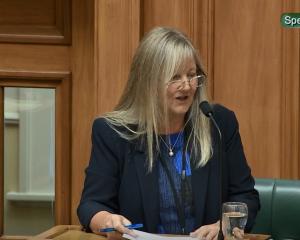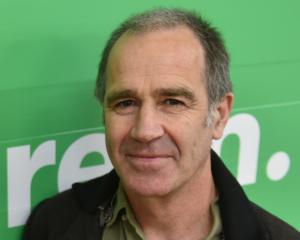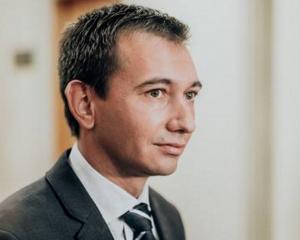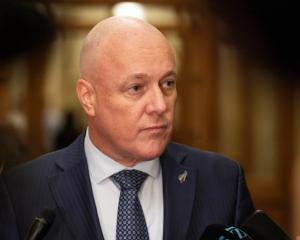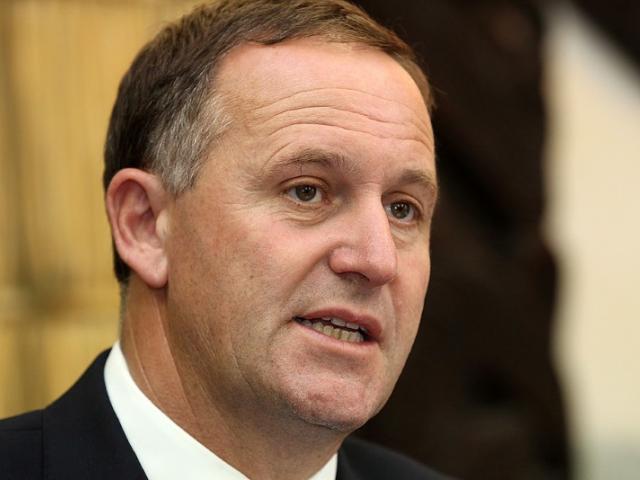
Prime Minister John Key has today announced an extra $15 million seized from criminals will be invested in anti-drug initiatives.
It comes after attacks from opposition parties about rising crime and static police numbers and in the week after outgoing Police Association president Greg O'Connor warned of a "second wave" of meth or P.
O'Connor told his association's annual conference in Wellington that in some parts of the country meth was cheaper than marijuana.
Shortly after being elected in 2009, Key launched a plan to drastically cut methamphetamine use.
Speaking at his regular post-Cabinet press conference, Key was asked if the extra funding was an admission the so-called "war on P" was going badly.
"There has been quite a lot of debate in my office on this issue but the official advice shows you that the number of people using P is declining.
"What is fair to say though is that those who are using the drug are the hardened end. They are using more of it."
Ross Bell, executive director of the Drug Foundation, said he broadly agreed with that, and it was important to recognise the number of users had dropped significantly in recent years.
"But what we are left with is pockets of people who have unmet need. It could well be that those pockets are in parts of the country that simply don't have access to the broad range of treatment services you are going to get in a big city like Wellington or Auckland."
Bell said he recently talked to a friend on the South Island's West Coast who had reported increased meth use and problems and a lack of services, and the foundation had worked with a community organisation in Porirua pushing for better detox and treatment services.
"There is a lot of unmet need ... Government data shows that in any given year there are 150,000 New Zealanders who have alcohol and other drug problems, and 50,000 of those people seek help and can't get it.
"When the individual finally gets to the point, and has created all the chaos that can come with addiction, they finally get to the point where they put their hand up for help, and they are told ... we will put you on a waiting list for a couple months."
The extra $15 million allocated under the Criminal Proceeds (Recovery) Act covers 15 initiatives, including $3 million for a police and health initiative to combat meth use in Northland.
Key said that reflected police intelligence.
"We saw the very big seizures in Northland recently - that is clearly a gateway because of the accessibility of that coastline.
"I can't go into lots of details about why we know what we know. But we are certainly aware that that is a vulnerability in the system ... so we are trying to close that down."
Labour leader Andrew Little said a recent increase in the number of court appearances for methamphetamine possession was evidence that Key was losing the war on P.
"New Zealanders expect serious action on P but today's hodgepodge of half-measures won't reverse National's record of failure. We simply need more police.
"Police data shows methamphetamine possession proceedings are up 22 per cent in the year to June 2016. One of the Government's measure of success in the War on P is 'demand reduction reduces convictions for possession/use.'"
Little last week pledged to increase frontline police numbers by 1000 in the first term of a Labour-led Government.
Bell said it was positive that more than half of the $15 million was going on health and intervention support, which was "not usual".
The Government's 2015-20 National Drug Policy has shifted the official response to treating drug-related issues primarily as health issues.






